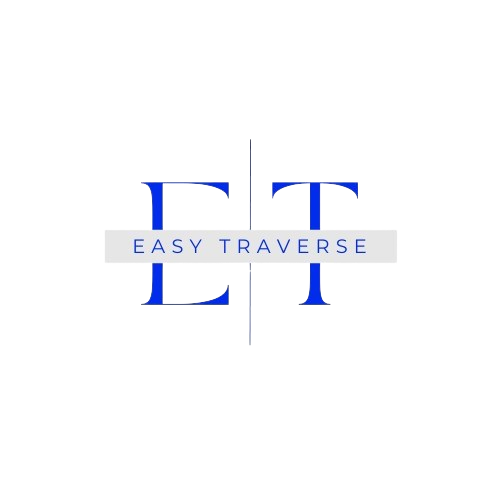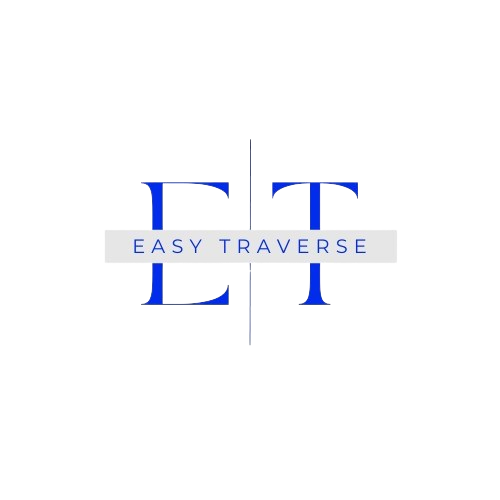Starting a career in remote work from Nigeria is an exciting and viable option, especially with the rapid rise of digital platforms, the global shift towards remote jobs, and Nigeria’s increasing connectivity. Whether you’re looking to transition into a remote role or kick-start your career from scratch, here’s a step-by-step guide to help you navigate the process:
1. Identify Your Skills and Interests
Before diving into remote work, it’s crucial to assess your strengths, interests, and professional skills. Remote jobs span various industries, and knowing your area of expertise will help you choose a path that aligns with your career goals.
- Tech Skills: Software development, web design, mobile app development, cybersecurity, data science, etc.
- Creative Skills: Graphic design, content writing, copywriting, video editing, photography, etc.
- Business Skills: Project management, digital marketing, customer support, virtual assistance, etc.
- Other Areas: Teaching, transcription, translation, sales, and consulting.
2. Build or Upgrade Your Skillset
Remote jobs require specific skill sets, and continuous improvement is vital to stay competitive. You can invest in upskilling or learning new skills to increase your chances of landing a remote role.
- Online Courses: Platforms like Coursera, Udemy, and LinkedIn Learning offer a wide range of courses to help you acquire the necessary skills.
- Certifications: Look for certifications in your field that demonstrate your expertise, such as Google Analytics for digital marketing, HubSpot certifications, or AWS certification for cloud computing.
3. Create an Impressive Online Presence
Your online presence will play a significant role in your remote job search. Hiring managers and clients often look at your digital footprint before reaching out.
- LinkedIn: Build a strong LinkedIn profile that highlights your skills, experience, and achievements. Connect with industry professionals and join relevant groups to network.
- Personal Website or Portfolio: If you work in fields like design, writing, or development, having a portfolio or personal website to showcase your work is crucial.
- Freelance Platforms: Create profiles on freelance platforms like Upwork, Fiverr, and Freelancer. These platforms connect remote workers with clients looking for specific services.
4. Search for Remote Job Opportunities
Finding the right remote job can be challenging, but with persistence and the right strategy, you can uncover several opportunities.
- Remote Job Boards: Websites like We Work Remotely, Remote OK, FlexJobs, and Remotive specialize in listing remote job opportunities across various industries.
- General Job Boards: Use popular platforms like LinkedIn, Indeed, and Glassdoor to search for remote job postings. Filter the search results to show only remote jobs.
- Freelance Platforms: If you’re looking for freelance or contract work, platforms like Upwork, Fiverr, and Toptal are great places to start.
- Networking: Engage with remote-first companies and professionals on Twitter, LinkedIn, and remote-specific communities to learn about job openings.
5. Customize Your Resume and Cover Letter
To stand out in a competitive remote job market, tailor your resume and cover letter to each job application. Highlight the skills and experiences that are most relevant to the role.
- Focus on Remote Work Skills: Emphasize your ability to work independently, manage your time effectively, and communicate remotely.
- Showcase Results: For remote jobs, employers often prefer candidates who can demonstrate tangible results and impact, even if it’s from past remote work experience.
6. Prepare for Remote Job Interviews
Many remote job interviews are conducted online, so it’s important to prepare accordingly. Here are some tips:
- Set Up a Professional Home Office: Ensure you have a clean, quiet space with a reliable internet connection for video calls.
- Test Your Equipment: Check your microphone, camera, and internet connection beforehand to avoid technical issues during the interview.
- Practice Communication Skills: Remote jobs require strong communication, so be clear and concise during the interview. Showcase your ability to explain complex ideas effectively, even in a virtual environment.
7. Learn How to Manage Your Time
Remote work requires self-discipline and excellent time management. With no physical office to report to, it’s easy to get distracted or procrastinate.
- Create a Routine: Develop a daily work routine to stay on track. Set working hours, break times, and prioritize tasks.
- Use Time-Management Tools: Apps like Trello, Asana, and Todoist can help you organize tasks and keep track of deadlines.
- Avoid Burnout: Remote work can blur the lines between work and personal life, so it’s important to take regular breaks and set clear boundaries.
8. Stay Connected and Collaborative
Working remotely doesn’t mean working in isolation. To succeed in a remote career, you must maintain strong communication with colleagues, clients, and employers.
- Use Collaboration Tools: Familiarize yourself with tools like Slack, Zoom, Google Meet, and Microsoft Teams for communication and collaboration.
- Be Proactive: Check in regularly with your team or manager to update them on your progress and ask for feedback.
- Join Remote Communities: There are numerous online communities where remote workers exchange tips and advice, such as Remote Work Hub, Remote Workers, and Digital Nomad Facebook groups.
9. Stay Up to Date with Industry Trends
Remote work trends evolve rapidly, so staying informed is key. Follow industry blogs, podcasts, and influencers to keep learning and adapting to the ever-changing remote work landscape.
- Podcasts: Listen to podcasts like “The Remote Work Hub” or “The Digital Nomad Podcast” to stay informed.
- Newsletters: Subscribe to newsletters like “Remote.co” or “We Work Remotely” for regular updates on remote work.
10. Start Small and Gain Experience
If you’re new to remote work, consider starting with smaller freelance gigs or part-time jobs to build experience. As you gain more remote work experience, you’ll be in a better position to land full-time roles with higher salaries.
- Freelancing: Try starting on platforms like Upwork, Fiverr, or Freelancer to build your portfolio and earn a steady income.
- Internships or Volunteer Work: Some companies offer remote internships or volunteer opportunities that can help you gain experience and expand your professional network.





